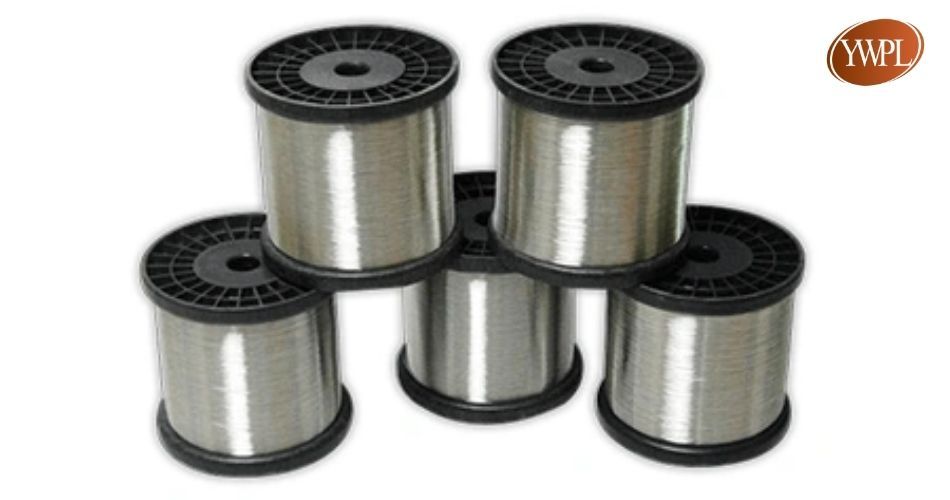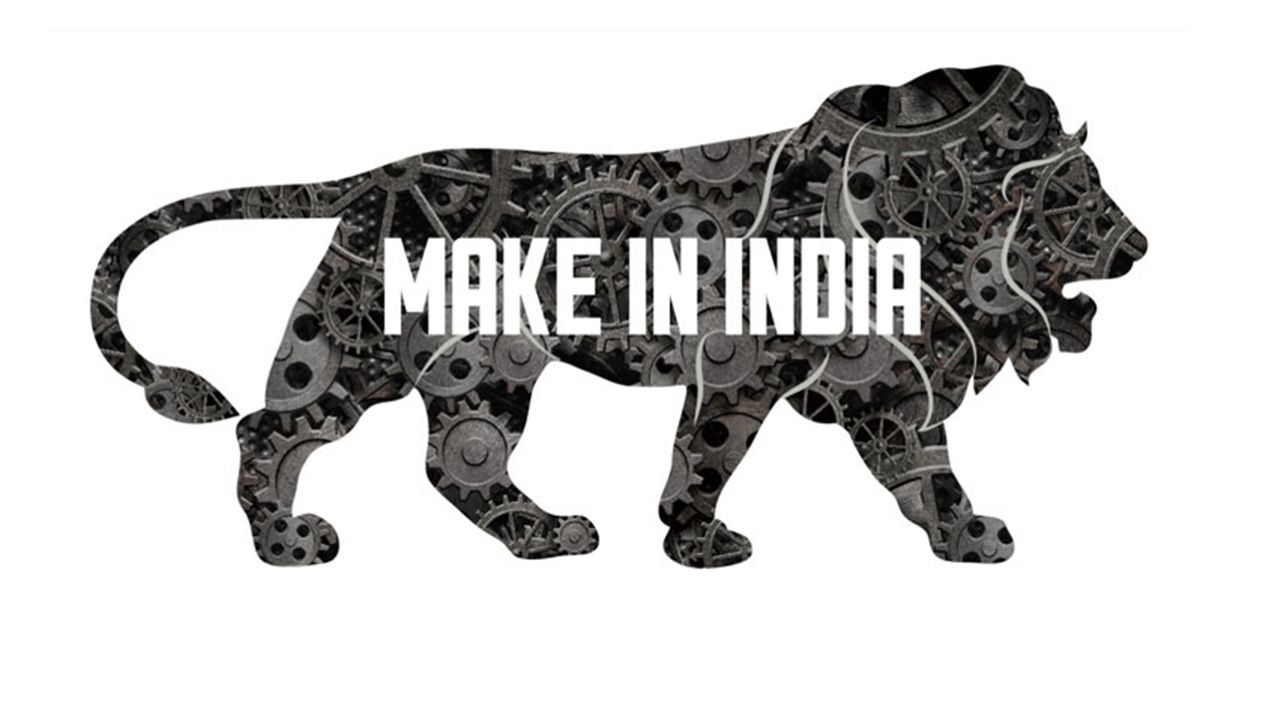Tinned Copper Wire
Yeshwant Wires is a leading Tinned Copper Wire manufacturer in India, producing premium-quality, corrosion-resistant, and high-conductivity wires used in electrical, electronic, automotive, marine, and solar applications. Our wires are made from 99.99% pure electrolytic copper, uniformly coated with tin to enhance resistance against oxidation and improve solderability.
Manufactured using hot-dip tinning and electroplated tin coating processes, these wires deliver exceptional conductivity, corrosion resistance, solderability, and long service life. They comply with IS, IEC, and BS standards and are available in solid or stranded configurations from 0.10 mm to 8.00 mm diameter for diverse applications.

Description
A Tinned Copper Wire is a standard copper wire coated with a thin layer of tin, designed to prevent corrosion and enhance its ability to withstand high humidity, moisture, and temperature variations. The tin coating ensures the wire retains its electrical conductivity over time while maintaining flexibility and strength.
These wires are extensively used in automotive wiring harnesses, solar panels, marine equipment, transformers, electrical switchboards, and industrial machinery where environmental exposure can degrade regular copper wires. They are also ideal for renewable energy systems, battery connections, and control cables where reliability and electrical efficiency are critical.
Key Features & Advantages
- High Conductivity: Produced from 99.99% pure electrolytic copper ensuring minimal power loss.
- Corrosion Resistance: Tin coating prevents oxidation and extends service life in harsh environments.
- Superior Solderability: Offers smooth and easy soldering for reliable electrical joints.
- Flexibility & Strength: Perfect for use in automotive and industrial wiring systems.
- Custom Sizes Available: Available in a range from 0.10 mm to 8.00 mm diameter.
- Long Shelf Life: Tin coating helps maintain conductivity and appearance over years of use.
- Complies with Global Standards: IS 8130, IEC 60228, and BS 6360.
Technical Specifications
| Property | Specification | Significance |
|---|---|---|
| Conductor Material | Electrolytic Grade Annealed Copper with Tin Coating | The copper provides high conductivity, while the thin tin layer protects the copper from environmental degradation. |
| Voltage Grade | Depends on Insulation/Application (e.g., 300V, 600V, or higher) | The voltage rating is determined by the insulation applied over the tinned copper, not the wire itself. Tinned copper is used across virtually all voltage grades. |
| Operating Temperature | Typically -40°C to +150°C (Insulation dependent) | Tinned copper allows for a slightly higher maximum temperature than bare copper before oxidizing, but the final rating is limited by the insulation (e.g., PTFE can push the rating higher). |
| Key Benefit | Corrosion Resistance (Oxidation) | The tin coating prevents copper from reacting with sulfur and moisture in the air, preventing the formation of highly resistive copper oxides and sulfides. This ensures long-term performance. |
| Solderability | Excellent | The tin coating makes the wire much easier to solder, resulting in stronger and more reliable electrical connections, especially in electronic assembly. |
| Construction | Solid or Stranded (Often fine strands for high flexibility) | Available in various gauges and constructions. Fine stranded tinned copper is commonly used in high-flex applications and wiring harnesses. |
| Application | Marine wiring, Industrial control, Data/Signal cables, Automotive wiring, and anywhere corrosion is a concern. | Used in environments with high humidity, chemical exposure, or where the cable lifespan must be maximized. |
Applications
Tinned Copper Wires are widely used in automotive wiring harnesses, solar panels, marine equipment, transformers, electrical switchboards, and industrial machinery. The tin coating acts as a protective barrier, preventing corrosion and ensuring long-term conductivity in harsh environments. They are also used in renewable energy systems, battery connections, control panels, and power transmission where reliability is essential.
Manufacturing & Quality Assurance
At Yeshwant Wires, every tinned copper wire is produced using advanced wire drawing, annealing, and tinning technology for precision and reliability. Wires undergo stringent testing for coating adhesion, tensile strength, and conductivity under ISO certified quality systems.
Why Choose Yeshwant Wires?
- Leading Tinned Copper Wire Manufacturer in India.
- State-of-the-art tinning process for uniform coating and enhanced durability.
- Customized sizes, packaging, and bulk supply options available.
- Competitive prices with consistent product quality.
- Timely delivery and professional customer support for domestic and global clients.
Industries We Serve
We supply Tinned Copper Wires to diverse industries such as automotive, electrical, power generation, renewable energy, marine, and communication sectors. Our solutions are tailored for high performance, safety, and reliability in demanding operational conditions.

